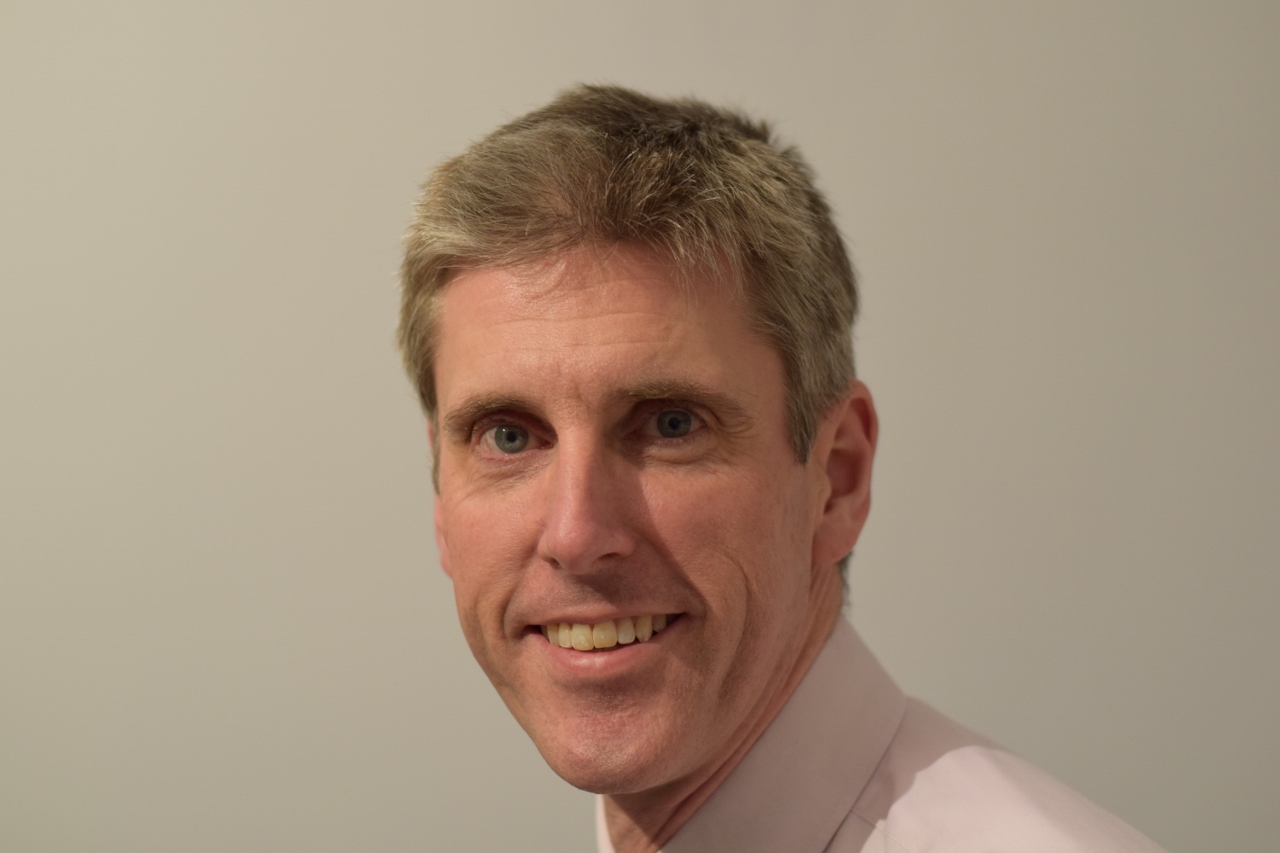
This site is intended for health professionals only

The tragic case of Awaab Ishak, and the subsequent inquest, identified several missed opportunities for the responsible housing organisation, Rochdale Boroughwide Housing (RBH), to have corrected the deficiencies in the accommodation.
At the inquest, it was accepted that Awaab’s family, and a Health Professional (Health Visitor) both independently raised concerns to RBH over a period of some years. In addition, a site visit was conducted by a team from RBH, giving them a first-hand account from their own staff. None of these reports led to any remedial work, and sadly, this resulted in the avoidable death of a young child.
Of course, we hope lessons will be learnt and changes made. What is interesting is the response of Primary Care to events like this. Reportedly, one PCN is now using ARRS social prescribers to ‘confirm details of distressing or inadequate housing to better inform letters to housing agencies’, to ‘help trigger action from the council or housing associations’.
Is this not missing the point? When looking at root causes it does not seem the problem was a lack of notification of the issues. This did happen, including from a trained health professional, notably one from a profession typically having a great deal of domiciliary experience; this was seemingly ignored. Is putting another layer of repetitive bureaucratic letter-writing actually going to help? Surely what is needed is an organisational culture across the system that is more responsive to concerns raised in the first place.
PCNs are juggling a multitude of pressures in order to deliver hopefully first-class General Practice. The additional investment into primary care through the ARRS scheme has been welcomed. We can see many examples of innovative ARRS staffed schemes, extending beyond our core services, and the direct benefits these deliver to our patient’s health, while reducing the pressures on existing practice teams. Perhaps it is beyond the intention or remit of PCNs to use these precious staff, and the associated finite funding, to take on work well outside our expertise. Where does the PCN’s responsibility end?
As GPs and clinical directors, we should have significant reservations about us, or our staff, assessing housing with no training or expertise in the field (I am not aware this is a curriculum item at medical school). If a patient reported substandard accommodation causing ill-health, it would be a brave social prescriber, or GP, to consciously refuse to write a supporting letter, if that is what we are suggesting is needed? Had that occurred in this tragic fatality, it would have added General Practice to the list of culpable parties. The inquest heard it was a building surveyor, not a GP, who inspected the property two days after Awaab’s death, and classed it unfit for human habitation. Perhaps if only the opinion a building surveyor will carry weight to make change, this role should be added to the ARRS list, with commensurate funding increase, if PCNs are to do this work?
We are inundated with requests to write supporting letters, for a multitude of nebulous reasons, often for agencies such as councils, housing authorities, schools, and so on. Many of these requests occur in booked appointments or econsultations, taking valuable time away from perhaps more genuine clinical need; how much collective GP time do we spend on this? Most requests seem to ask for a GP to validate something that is either impossible to evidentially confirm, such as how a patient feels about something, or beyond our scope of expertise, such as housing conditions. It is a sad indictment that many agencies seem to presume a client is stating flasehood until a GP validates them in a letter then it becomes gospel.
Of course, the counter argument is that part of the remit of PCNs is to work collaboratively with our community partners, and the wider system, considering wider determinants of health, and addressing health inequalities. Development of PCNs, and these collaborative relationships we have already fostered, as well as the expansion of our workforce, has been of incredible benefit. There are certainly ways we can use our expertise and our knowledge of our communities, when interacting in these newly fostered relationships, to develop more effective system working. However, setting in motion new pathways that move to us responsibilities (and liabilities) well outside our scope, particularly if they then risk becoming the expected normal, is done at our peril.
Perhaps in this case, the learning for PCNs could be to recognise that the inane box-ticking ‘GP supportive letter’ that we have accepted for so long, is symptomatic of underlying challenges within other organisations, and how we, as Health and Care leaders, along with our ICS colleagues, could address this by pushing for systemic organisational change. Let us continue to innovate, and grow the PCN model, and deploy the scarce primary care resources where there is no other existing alternative.
Dr Jeremy Carter is executive partner at Park Surgery and clinical director at Herne Bay PCN, Kent. He is also on the Pulse PCN editorial board.